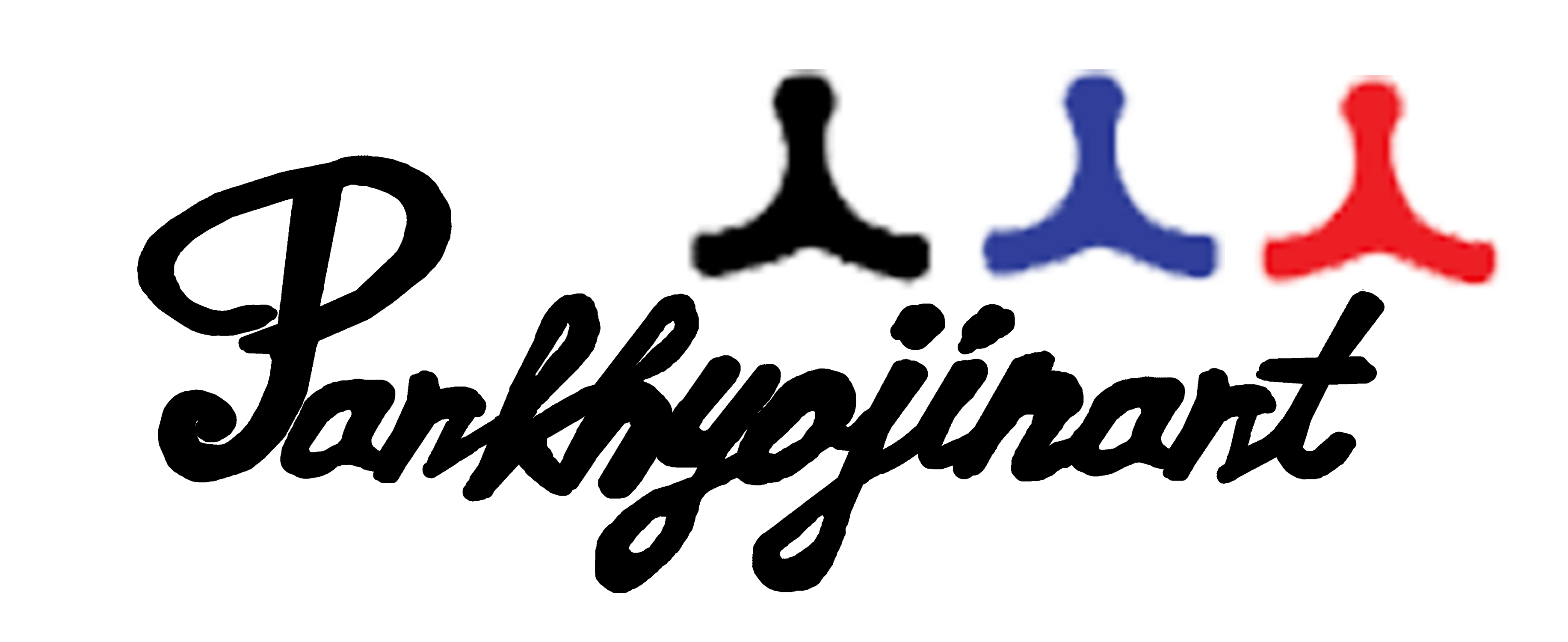Hyojin Park started gayageum at the age of 10. As she building up studies in traditional music and culture, she developed a keen interest in traditional comprehensive art forms that encompassed instrumental music, singing, and dance. She also began to explore communal practices such as 'dure' and folk beliefs and rituals such as 'jangseung', which have important meanings in the context of traditional Korean culture.These elements are reflected significantly in Hyojin Park’s artwork.
Hyojin Park's debut work, ≪ParkHyojin Solo Project 1-Sak-im (2016)≫, delicately deals with the inner emotions of humans that arise from relationships such as empathy or conflict. This work practices the form of traditional comprehensive art called 'Ak-ga-mu-ilche' with traditional instruments, folk songs, and a creative approach to EunyulTalchum. In addition, it was planed a perfected performance through seriously contemplating traditional art and the stage production that matched the theme of the performance, and the unique performance earnestly and dedicatedly unravels her own traditional music presented the grand prize at the 2017 New Traditional Korean Music Experimental Stage. Since then, She has continued ≪Solo Project Series 1~6 (2016~2022, 50 times)≫, delivering messages related to the phenomenon of communities experiencing conflict in modern society.
In particular, ≪Solo Project 6. Co-existence (2022)≫ expands artistic expression across fields and genres, and more clearly contains Hyojin Park's artistic direction. This performance, which contains the desire of community life that we should be together and live together, took off 11 times in a way that moved places and participated in the audience. It embraces "Conceptual Art" and "Interactive Art," it drew audience participation, and the performers and audiences created works together through creative collaboration. This was a unique attempt to strengthen the identity of the community within the work while sharing new experiences with each other.
The performance works ≪About Needs (2023)≫, ≪Connections (2023)≫, and ≪About Longing (2022)≫ focus on ‘the value and realm of humans’ in a society where technological development is becoming so advanced that it is difficult for humans to keep up. She reexamines the meaning of human existence through the needs and connections felt by humans, and induces the audience to deeply reflect on the essence of humans and its meaning.These works reinterpret the form of traditional 'madanggeuk' in a modern way, presenting it as a new performing art form unique to Hyojin Park called 'multimedia one-man play' In addition, in order to add to the narrative structure of the works and deliver the message more deeply, she directly directed and produced the art films.
Hyojin Park, who provides a rich visual and audio perspective through her works, is also prominent in exhibitions, such as being selected as the 2024 Asian Contemporary Young Artist. Her solo exhibition, ≪Mouth Sounds (2023, Seoul)≫, is based on her personal experience of “oral transmission and teaching through the heart,” a traditional art transmission method, and captures everything from traditional sounds to everyday lip sounds through various media such as sculpture, photography, text, video, and performance. Furthermore, it does not stop at simply Hyojin Park’s personal creations; in some works such as “Breath (2023)” and “Mouth in Mouth (2023),” the work changes depending on the audience’s response, expressing important attributes of traditional art such as communication and participation.
Albums produced by self production include the autobiographical ≪Mindfulness1-TIME (2021)≫, ≪Mindfulness2-SanJo (2021)≫, which contains music that was released in the solo project series from the gayageum creation song he wrote since 2011. and ≪Korean Classical Music of Gayageum and Yanggeum (2024)≫, which seeks another freedom within Korean traditional music that progresses freely according to breathing. In January 2025, she is currently preparing an album that sings the complexity of the relationship and the resulting feelings of alienation and disconnection.
Hyojin Park, who works extensively based on traditional culture and artistic concepts, continues to explore individual interrelationships and influences from recognizing social problems in the era of personalization. Through Hyojin Park's individuality and creative perspective, she presents works of art that harmonize tradition, modernity, and locality, asking the question, 'How can we meet each other?' Hyojin Park's works are characterized by a close relationship between Korean emotions and sensitivity.


